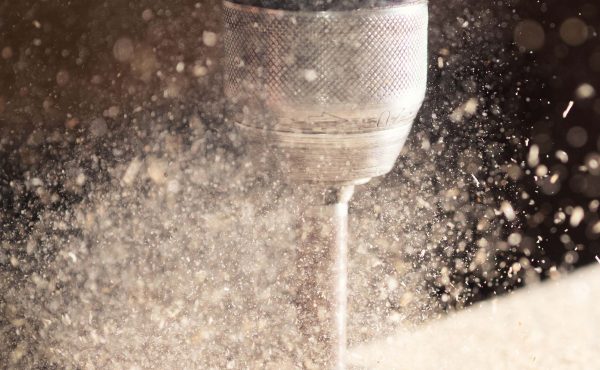
The Building Safety Group (BSG) has reported a 23% rise in the number of dust breaches occurring on construction sites. BSG’s report was based on 9000 independent site inspections conducted over a 6 month period from June to November 2020. Two periods were compared which revealed the increase. Between June and August there were 209 infringements recorded. This was set against 258 non-compliances that were catalogued between September and November 2020.
Dust breaches on construction sites: 1st Jun – 30th Nov 2020

The most common types of breach found included ‘failure to set up effective dust suppression and extraction procedures on site’. ‘Not having dust masks face fit tested’ was also a common violation recorded by BSG advisers. Each year 1,000s of construction workers contract or die from respiratory diseases due to breathing in dust and fumes. Managing and controlling exposure to dust has become a major challenge for the industry.
BSG’s report coincides with the Health and Safety Executive’s (HSE) recent month-long initiative inspecting respiratory risks and occupational lung disease in the construction sector. The primary focus was to identify what measures had been put in place to protect workers’ lungs from asbestos, silica and wood dust. HSE inspectors also looked for evidence of employers and workers knowing the risks, planning their work and using appropriate controls. Enforcement was required where it was found that people were not being adequately protected.
BSG’s Managing Director, Stephen Bell commented: “Construction workers have a high risk of developing these diseases because many common construction tasks can create high dust levels. Work-related cancers, mainly linked to asbestos and silica, are estimated to kill 3,500 people from the industry every year. Thousands of others suffer life-changing illnesses from their work.”
Stephen added: “Our advice is to always look at ways of stopping or reducing the amount of dust before the job is started. For example, different materials could be used, less powerful tools or other work methods. Once these controls have been put in place, it is of course vital to check that they are working properly and effectively.”